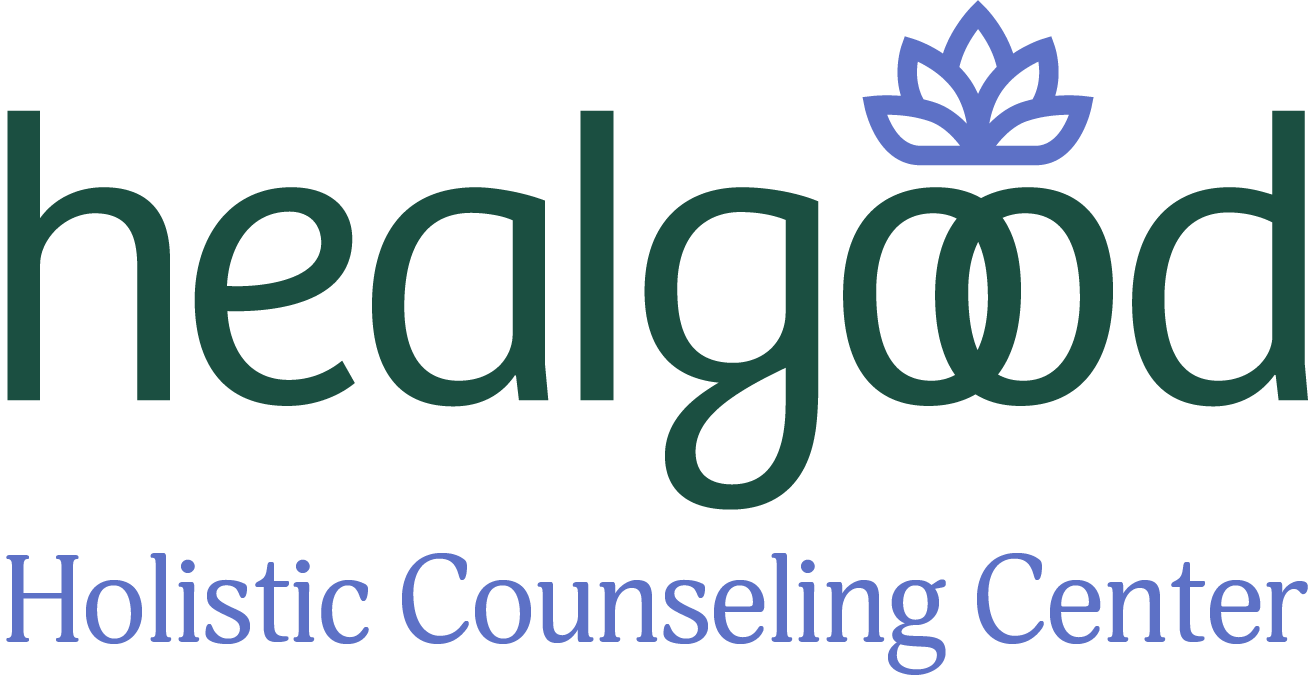Breaking the Taboo: The Heart of Therapy
Contributed by Chelsea Fielder-Jenks, MA, LPC-S, CEDS-S, PMH-C
Today is Valentine’s Day — a day to celebrate love, but there's a type of love often overlooked in the world of therapy – the love we have for our clients. Now, before you raise an eyebrow, let's dive into this taboo topic and explore why the heart of therapy beats with genuine caring and connection.
In the realm of evidence-based practices, Cognitive Behavioral Therapy (CBT) and Dialectical Behavior Therapy (DBT) often take the spotlight. And yes, they're incredibly effective in treating various mental health issues. However, what many don't realize is that the foundation of all effective therapy lies in the therapeutic relationship – a relationship built on trust, empathy, and yes, love.
But wait, isn't it unprofessional for therapists to love our clients? Absolutely not. We're not talking about romantic love here, but rather a deep and genuine caring for the well-being of those we work with. This kind of love is what drives us to show up each day, ready to listen, support, and guide our clients through their struggles.
Research consistently shows that the therapeutic relationship is one of the most significant predictors of positive outcomes in therapy. In fact, studies have found that regardless of the therapeutic approach used – whether it's CBT, DBT, or any other modality – the quality of the relationship between therapist and client is what ultimately determines the success of treatment.
Think about it. When you feel seen, heard, and truly understood by someone, it creates a sense of safety and validation that allows for deep healing to occur. It's like having a compassionate ally by your side as you navigate life's challenges.
So, as we celebrate love this Valentine's Day, let's not forget to honor the love that exists within the therapeutic space. Let's embrace the taboo and recognize that it's okay – even essential – to care deeply for our clients.
To all the therapists out there, thank you for the love and dedication you bring to your practice every day. And to all the clients, know that you are seen, heard, and valued more than you may ever know.
Happy Valentine's Day, from our heart to yours —
Chelsea
References
Ardito RB, Rabellino D. Therapeutic alliance and outcome of psychotherapy: historical excursus, measurements, and prospects for research. Front Psychol. 2011 Oct 18;2:270. doi: 10.3389/fpsyg.2011.00270. PMID: 22028698; PMCID: PMC3198542.
DeAngelis, Tori. “Better Relationships with Patients Lead to Better Outcomes.” Https://Www.Apa.Org, 1 Nov. 2019, https://www.apa.org/monitor/2019/11/ce-corner-relationships.
Hatcher, R.L. (1999). Therapists' view of treatment alliance and collaboration in therapy. Psychotherapy Research, 9, 405-423.
Horvath, A.O. (2001). The alliance. Psychotherapy, 38(4), 365-372.
Martin, D.J., Garske, J.P., & Davis, K.M. (2000). Relation of the therapeutic alliance with outcome and other variables: A meta-analytic review. Journal of Clinical and Consulting Psychology, 68, 438-450.
Developing the Therapeutic Relationship: Integrating Case Studies, Research, and Practice
Tishby, O., & Wiseman, H. (Eds.) APA, 2018
Psychotherapy Relationships That Work
Norcross, J.C., & Lambert, M.J. Psychotherapy, 2018 [introduction to special issue]
Psychotherapy Relationships That Work: Vol. 1. Evidence-Based Therapist Contributions
(3rd ed.) Norcross, J.C., & Lambert, M.J. (Eds.) Oxford, 2019
Psychotherapy Relationships That Work: Vol. 2. Evidence-Based Therapist Responsiveness
(3rd ed.), Norcross, J.C., & Wampold, B.E. (Eds.) Oxford, 2019
Wolf N, van Oppen P, Hoogendoorn AW, van Balkom AJLM, Visser HAD. Therapeutic Alliance and Treatment Outcome in Cognitive Behavior Therapy for Obsessive-Compulsive Disorder. Front Psychiatry. 2022 Mar 24;13:658693. doi: 10.3389/fpsyt.2022.658693. PMID: 35401280; PMCID: PMC8987103.

